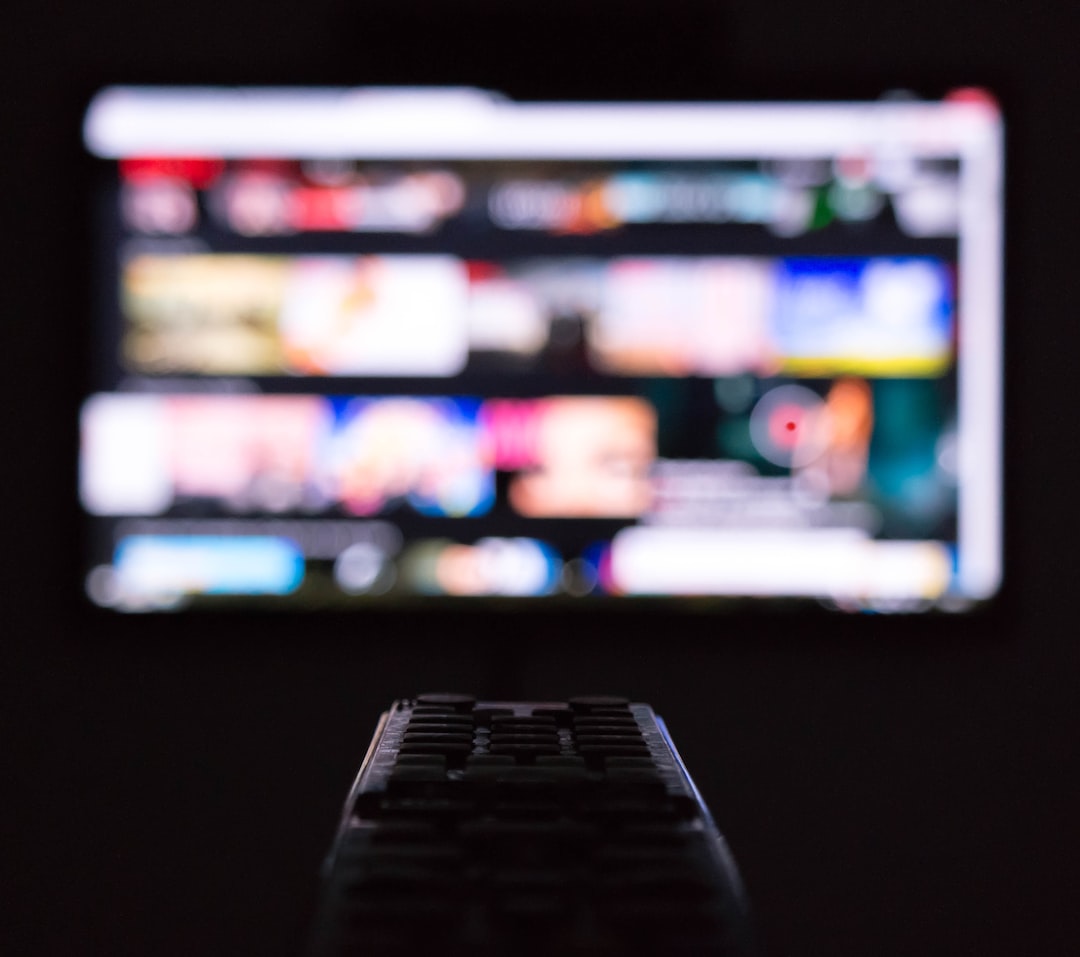Understanding the Influence of Media on Body Image Perception
In today’s technologically advanced world, media plays a significant role in shaping our perception of various aspects of life. One such area where media’s influence is prominent is body image perception. The portrayal of unrealistic and idealized bodies in advertisements, movies, magazines, and social media platforms can have a detrimental impact on individual’s self-esteem and body image perception. This blog post aims to delve deeper into understanding the influence of media on body image perception and its consequences.
The media presents an unattainable and narrow definition of beauty that often leads individuals to compare themselves with the unrealistic standards set by airbrushed models or celebrities. Advertisements routinely display flawless skin, perfectly sculpted bodies, and unrealistic body proportions, which create an idealized image of beauty. This constant bombardment of unattainable images can lead individuals to develop negative body image perceptions and dissatisfaction with their own bodies.
Moreover, the media tends to perpetuate the idea that individuals should strive to achieve a certain body type to be considered attractive, thereby reinforcing societal pressures and beauty standards. Being bombarded with images of thin models and muscular men, individuals may develop a distorted perception of beauty, believing that their bodies should look a certain way to be accepted and admired. This can lead to body dissatisfaction, low self-esteem, and even the development of unhealthy eating habits or body dysmorphic disorders.
Interestingly, social media has intensified the influence of media on body image perception. Platforms like Instagram, Facebook, and Snapchat provide individuals with a constant stream of images, allowing them to compare themselves with others more readily. Photoshopped pictures and filtered selfies can create an unrealistic standard of beauty, leading individuals to feel inadequate and unsatisfied with their own appearance. The “likes” culture on social media platforms further reinforces the idea that physical appearance is directly linked to popularity and self-worth.
It is important to acknowledge that media’s influence on body image perception is not limited to women alone. Men too are increasingly exposed to unrealistic depictions of the ideal male physique. Advertisements frequently showcase muscular and chiseled male bodies, promoting the idea that men should also attain a certain level of physical perfection. This constant exposure to these images can lead to body dissatisfaction, excessive exercising, and the use of potentially harmful substances like anabolic steroids.
However, it is essential to recognize that media’s influence is not solely responsible for shaping body image perception. Other factors, such as family, peer group, and personal experiences, also play significant roles. Family and friends can contribute positively by promoting a healthy body image, emphasizing the importance of self-acceptance and self-love. Similarly, personal experiences, such as achievements and overcoming body challenges, also shape one’s perception of their physical appearance.
In order to counteract the negative influence of media on body image perception, society needs to promote a more diverse and inclusive representation of beauty. Media companies should be encouraged to showcase individuals of all shapes, sizes, and skin colors to promote a positive body image for all. Furthermore, educating individuals about media literacy and its impact on body perception can empower them to critically analyze and question the images they are exposed to, thereby reducing their vulnerability to negative effects.
Additionally, initiatives like body positivity movements should be supported to challenge the narrow beauty standards set by the media. These movements emphasize self-acceptance, embrace diverse bodies, and celebrate the uniqueness of individuals. By promoting body positivity, individuals can develop a more realistic perception of their own bodies, free from the social pressures imposed by media.
In conclusion, media plays a significant role in shaping body image perception, which in turn impacts an individual’s self-esteem, self-confidence, and overall well-being. The unattainable beauty standards propagated by media can lead to body dissatisfaction, low self-esteem, and the development of unhealthy behaviors. However, through education, promoting diversity, and fostering body positivity, individuals can protect themselves from the negative effects of media and develop a healthier and more positive body image perception.

